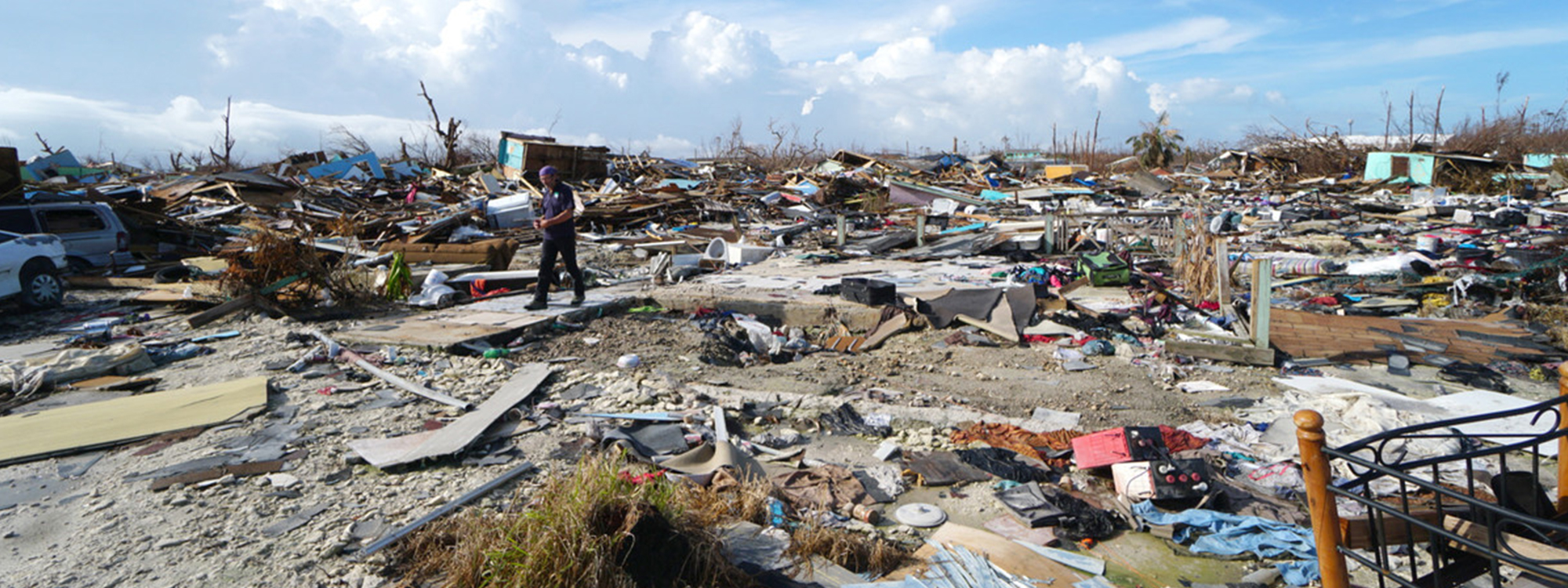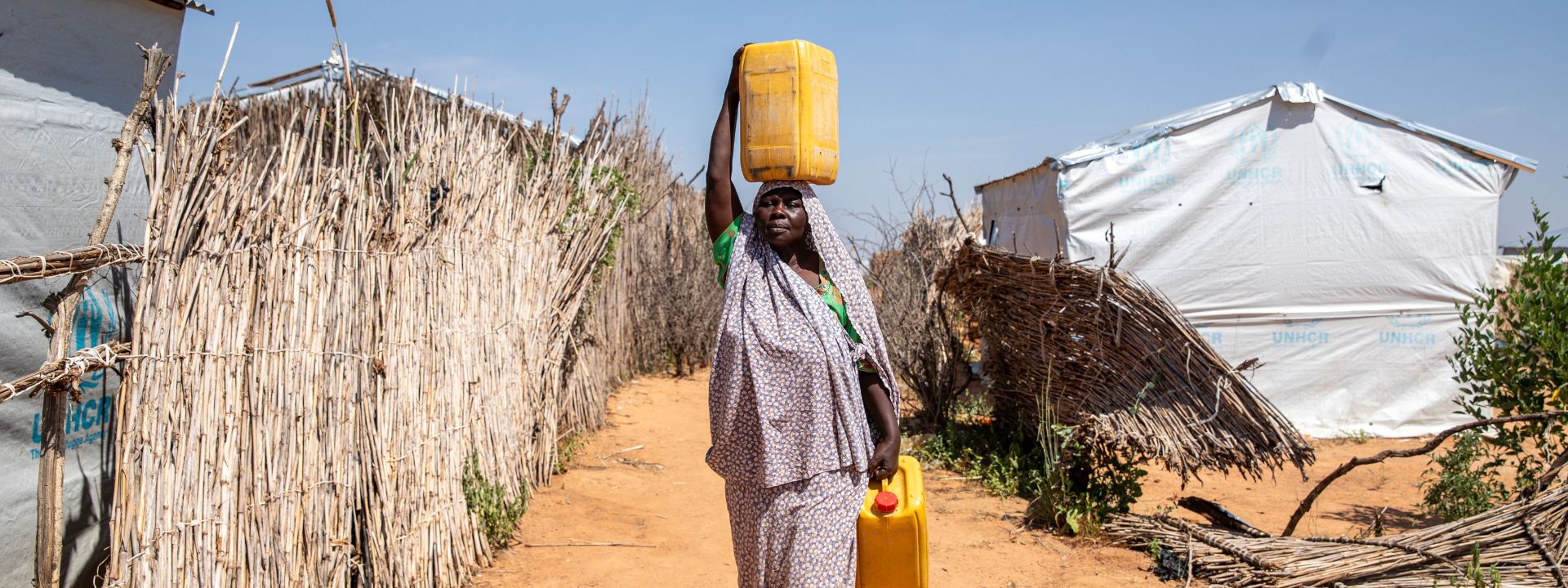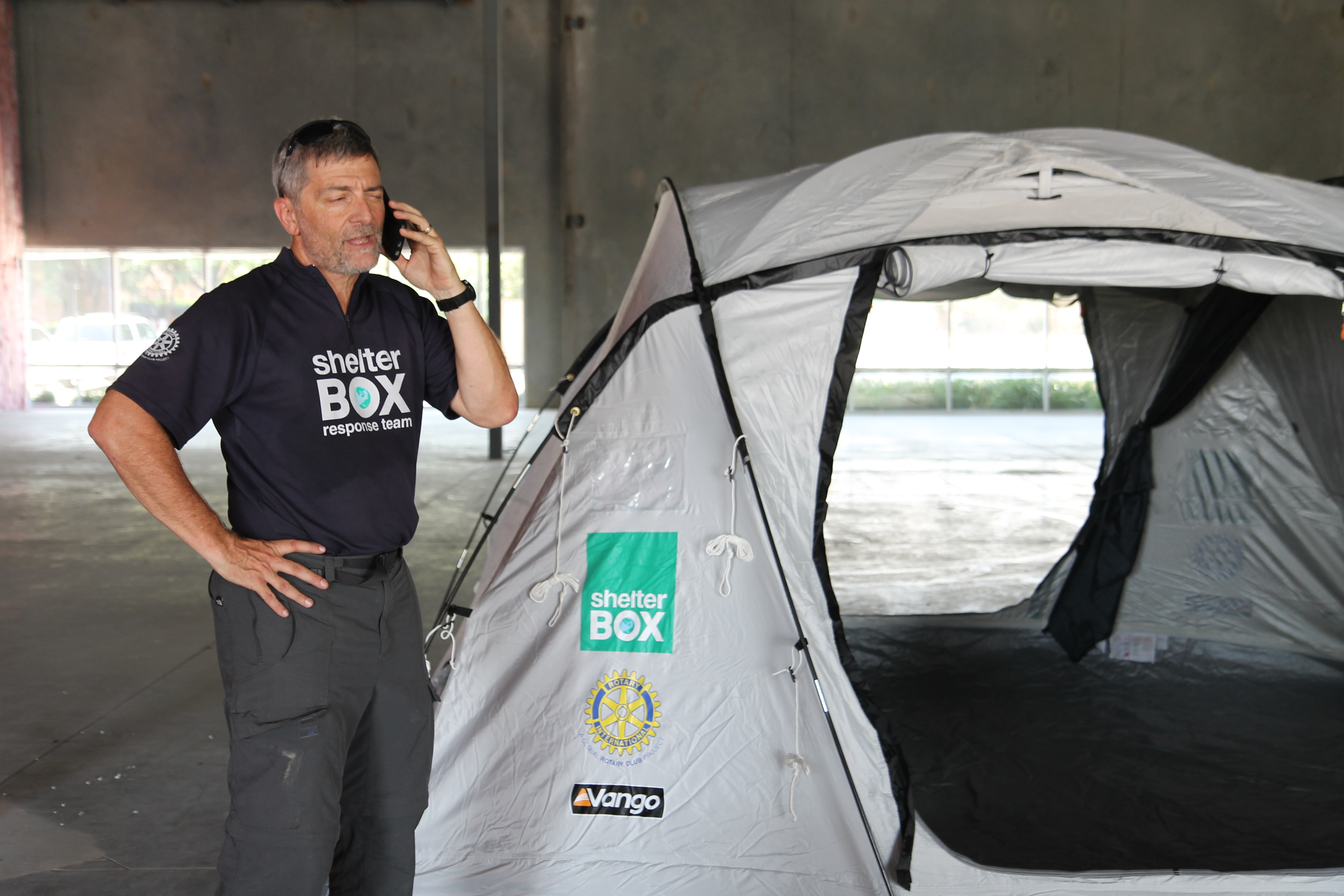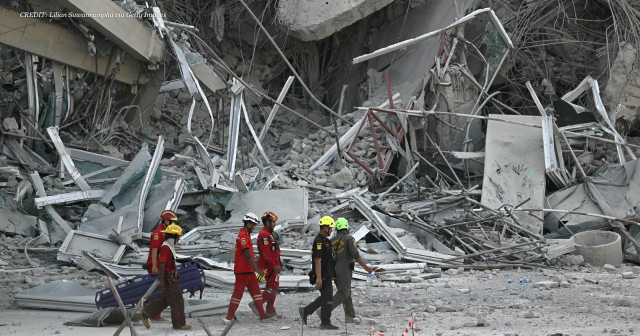
Blog
Preparing for a busy Hurricane season
2020 has been a year like no other. While coronavirus gets a hold of the world but is yet to reach its global peak, extreme weather events are lurking.
This year’s Atlantic Basin hurricane season is more active than usual. The NOAA (National Oceanic and Atmospheric Administration) have already recorded more powerful named storms than average since the start of the season.
But what does an extremely active hurricane season look like in practice? Well, the 2020 hurricane season which runs from June to November, is already off to a flying start. By early August, we’d already seen a record-high of nine named storms, including two hurricanes. The NOAA is forecasting 19 to 25 named storms, with between 7 and 11 hurricanes, and 3 to 6 major hurricanes.
Now, after Hurricanes Laura and Marco pounded the Caribbean and the US Gulf Coast, this is fast becoming a season of unwelcome records. The earliest ever ‘L’ and ‘M’ hurricanes destroyed homes across Haiti, the Dominican Republic and the USA, with Laura’s 150mph winds making it the most powerful storm to hit the state of Louisiana in 164 years.
Experts warned of a 20-foot storm surge reaching 30 miles inland, prompting a mass evacuation order for 1.5 million people. This deadly wave was thankfully avoided as the storm weakened and changed its path, but widespread damage and personal tragedies have been left in Laura’s wake all the same.
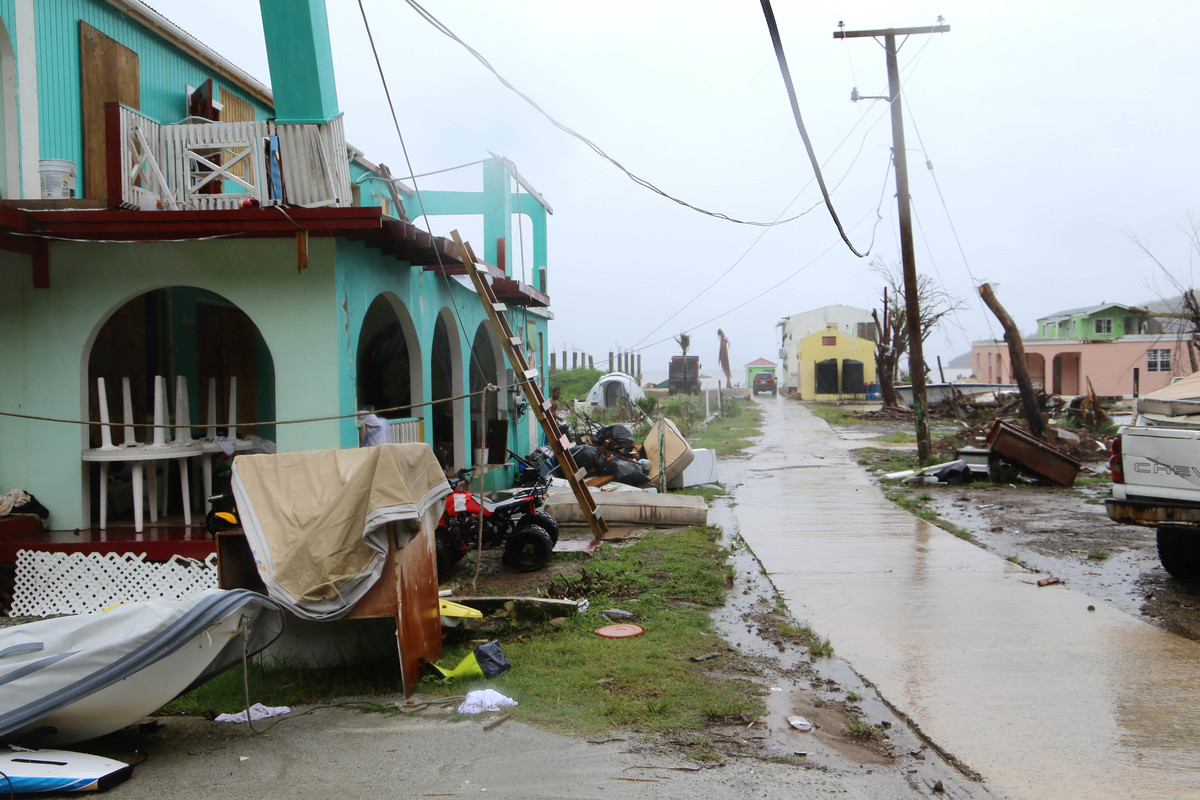
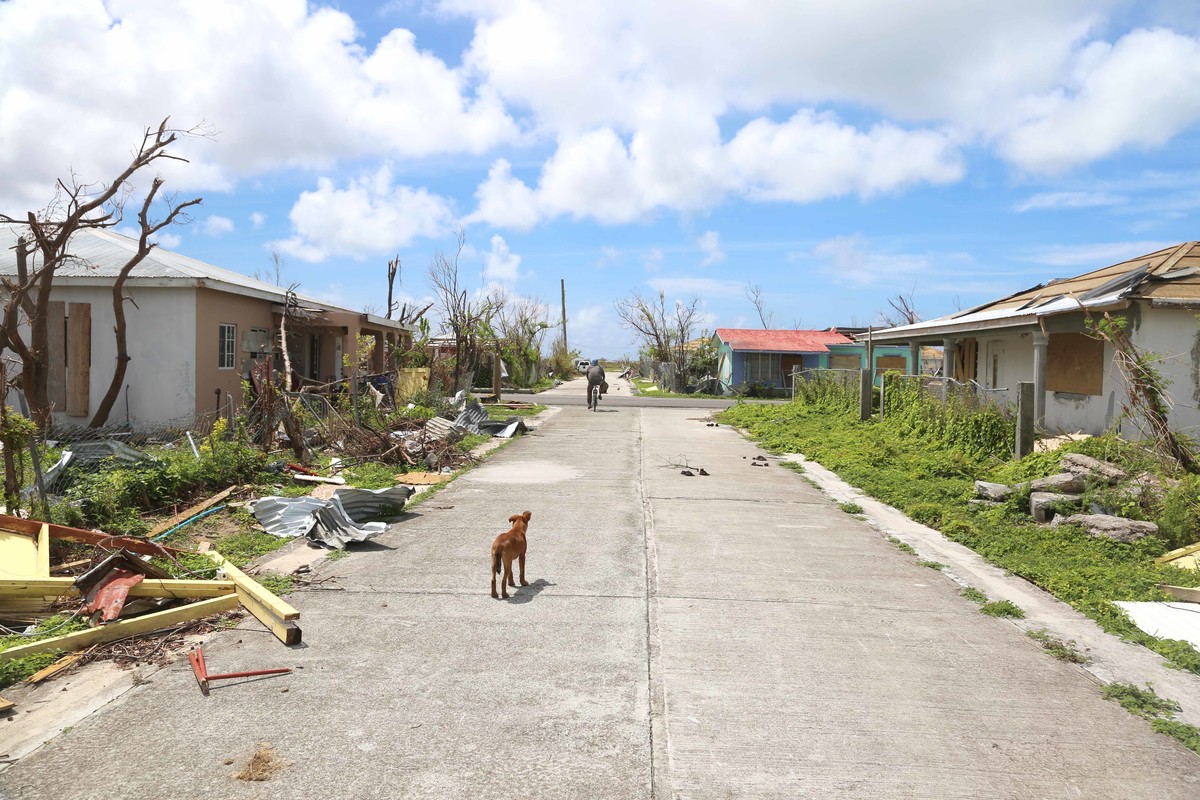
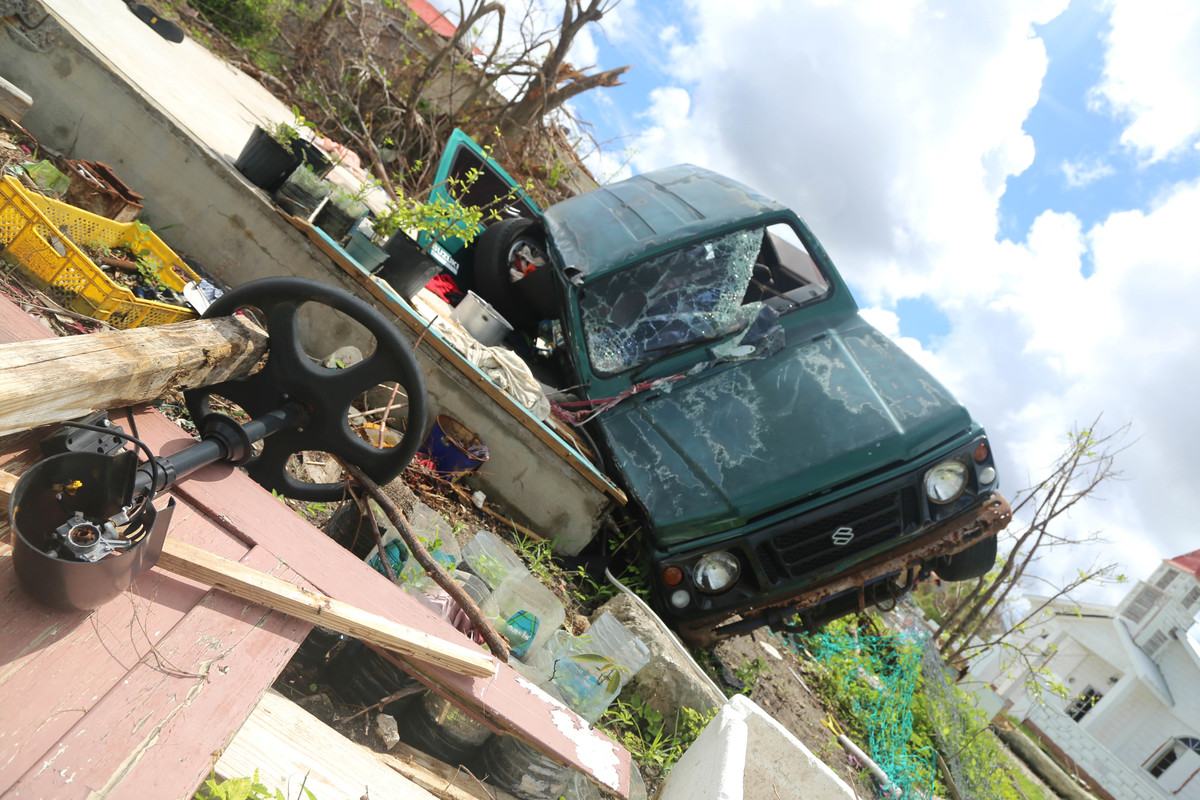
Destruction everywhere. The Caribbean was badly hit after Hurricanes Irma and Maria swept over the area in September 2017. In the following months, we delivered aid across six countries, tailoring our response to best support different communities.
Many are wondering what is causing this jump in the expected number of storms. According to CSU Meteorologist Philip Klotzbach, one reason is the extremely warm waters. Right now, tropical waters are the fourth warmest on record, after 2005, 2010 and 2017. And we already know how devastating the hurricane season was in 2017, particularly in the Caribbean. We responded after Hurricanes Irma and Maria swept through the area, leaving significant destruction behind.
An abnormally active hurricane season is not good news for families living in at-risk locations in the Caribbean and the Gulf of Mexico. Imagine having to protect yourself from a global pandemic that has affected hundreds of thousands of lives already, while also being on standby for potentially some of the most menacing hurricanes of the decade. It’s unimaginable.
Here at ShelterBox, we’re constantly on standby, monitoring weather events using a number of alert systems. For hurricanes, there are some more bespoke monitoring systems, so we keep an eye on the National Hurricane Center.

Following menacing hurricanes Irma and Maria in 2017, we helped people like Simon from Dominica get back on their feet.
There are always challenges when responding to devastating hurricanes. The widespread destruction can seriously affect families – both physically through losing loved ones, and mentally with trauma. Infrastructure damage can affect not just ports, airports and roads but can also present extreme challenges for governments as they try to support their citizens.
This year, however, the challenges are different from previous years. The coronavirus pandemic means that it will be more challenging for our response teams to travel to hurricane-hit countries. But our links with local partners worldwide, combined with our storage of stock in strategic locations globally, means we are still able to get shelter to families who are in a vulnerable position – no matter what.
The threat of coronavirus will also define the aid items we’ll provide to families, something we’ve already been doing since the start of the pandemic. Soap, wash basins and masks have been added to our aid packages in places like Syria and Ethiopia, to enable families to protect themselves as much as possible.
The economic shocks caused by the pandemic and efforts to prevent its spread are likely to exacerbate existing needs. This could mean that families are less resilient to events such as hurricanes.
And it’s not just coronavirus and powerful hurricanes – it’s floods, earthquakes, conflict; the list is long. But with your support, we can be prepared and reach the families who need support the most.
At ShelterBox we are dedicated to supporting families after disaster, even in the face of a global pandemic. To learn more about our work around the world, click here.
*Written in collaboration with Dave Raybould, Operations Team Lead.

